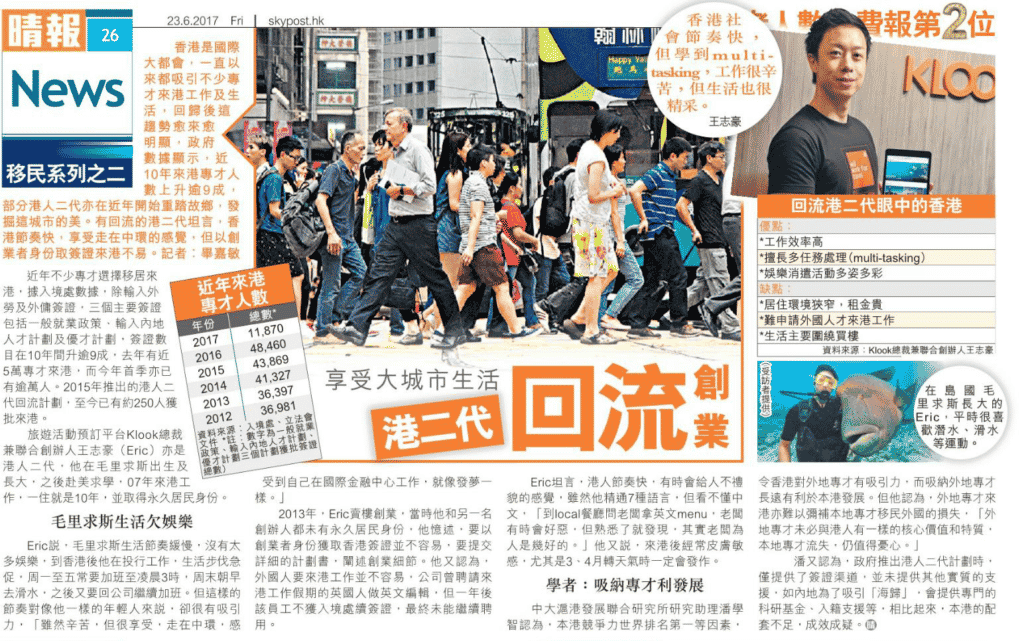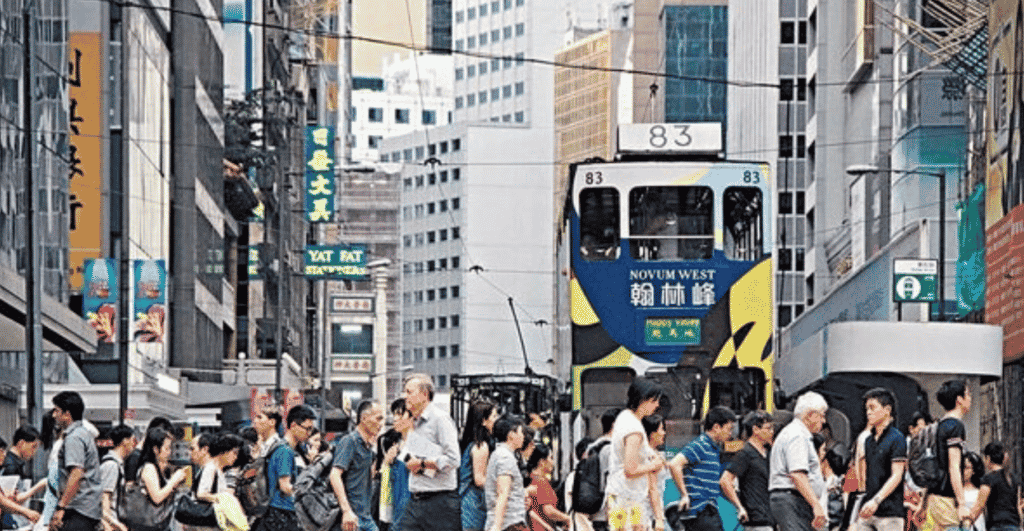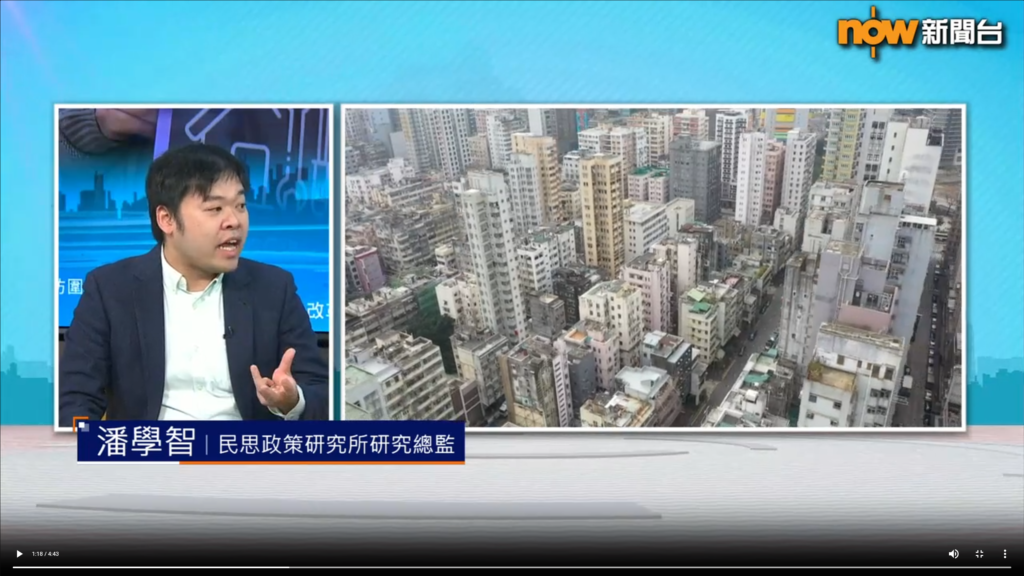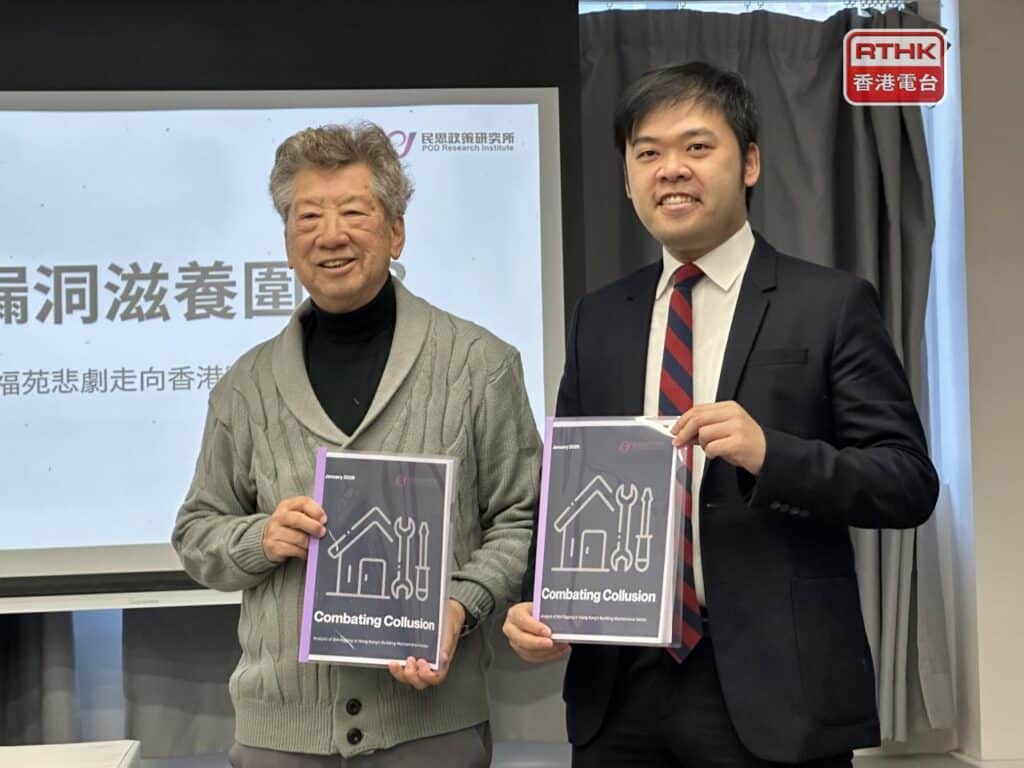Hong Kong is an international metropolis that has always attracted many professionals to work and live in Hong Kong. This trend has become more and more obvious after the return. Government data shows that the number of professionals in Hong Kong has increased by more than 90% in the past 10 years. Some second-generation Hong Kong people In recent years, I have begun to revisit my hometown and discover the beauty of this city. The second generation of Hong Kong people who have returned to Hong Kong admit that the pace of life in Hong Kong is fast and they enjoy walking in Central, but it is not easy to get a visa to come to Hong Kong as an entrepreneur.
In recent years, many professionals have chosen to immigrate to Hong Kong. According to data from the Immigration Department, in addition to visas for the importation of foreign workers and domestic helpers, the three main visas include the General Employment Policy, the Admission Scheme for Mainland Talents and the Quality Talent Scheme. The number of visas has increased by more than 9 in 10 years. Last year, nearly 50,000 professionals came to Hong Kong, and in the first quarter of this year, more than 10,000 people did so. Under the second-generation returnee scheme for Hong Kong residents launched in 2015, about 250 people have been approved to come to Hong Kong so far.
Eric Wang, president and co-founder of travel activity booking platform Klook, is also a second-generation Hong Konger. He was born and raised in Mauritius, then went to the United States to study. He came to Hong Kong to work in 2007 and has lived there for 10 years, and obtained permanent resident status. .
Life in Mauritius lacks entertainment
Eric said that the pace of life in Mauritius is slow and there is not much entertainment. After arriving in Hong Kong, he worked in an investment bank and his life was fast-paced. He often had to work overtime until 3 a.m. from Monday to Friday, go water skiing early in the morning on weekends, and then go back to the company to continue working overtime. But this pace is very attractive to young people like him. "Although it is hard, I enjoy it very much. Walking in Central, I feel like I am working in an international financial center. It's like a dream."
In 2013, Eric sold his house to start his own business. At that time, neither he nor another founder had permanent residency. He recalled that it was not easy to obtain a Hong Kong visa as an entrepreneur, as he had to submit a detailed business plan outlining the details of the business. He also believes that it is not easy for foreigners to come to Hong Kong to work. The company once hired a British man who came to Hong Kong for a working holiday as an English editor, but a year later the employee's visa was not renewed by the Immigration Department and he was ultimately not hired again.
Eric admitted that Hong Kong people are fast-paced and sometimes give people a sense of impoliteness. Although he is proficient in seven languages, he cannot read Chinese. "When I go to a local restaurant and ask the boss for an English menu, the boss sometimes likes or dislikes it, but once I get familiar with it, I find that , in fact, the boss is a very nice person." He also said that he often suffers from skin sensitivity after coming to Hong Kong, especially when the weather changes in March and April.
Scholars: Attracting talents is beneficial to development
Poon Hok-chi, research assistant at the CUHK Shanghai-Hong Kong Joint Institute, believes that factors such as Hong Kong's world-leading competitiveness make it attractive to foreign talent, and attracting foreign talent will be beneficial to Hong Kong's development in the long run. However, he believes that the influx of foreign talent into Hong Kong is unlikely to make up for the loss of local talent who have emigrated to other countries. “Foreign talent may not share the same core values and characteristics as Hong Kong people. The loss of local talent is still a cause for concern.”
Pan also believes that when the government launched the second-generation Hong Kong plan, it only provided a visa channel and did not provide other substantial support. For example, in order to attract "returnees", the mainland will provide special scientific research funds and naturalization support. In comparison, The supporting facilities in Hong Kong are inadequate and their effectiveness is questionable.




